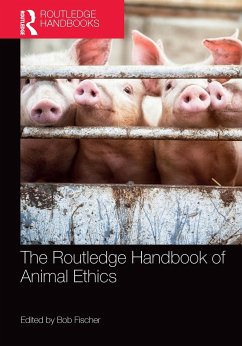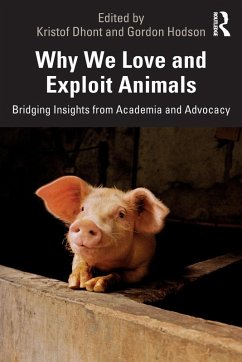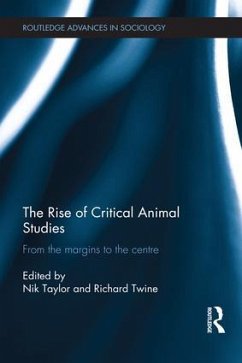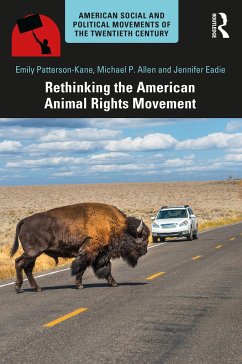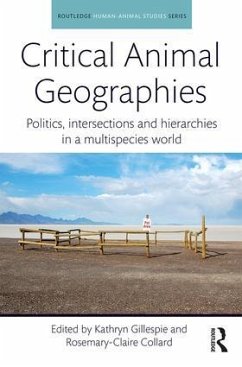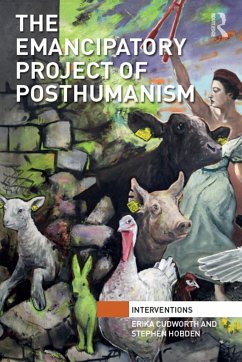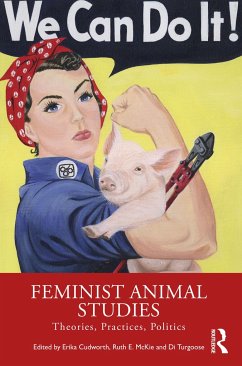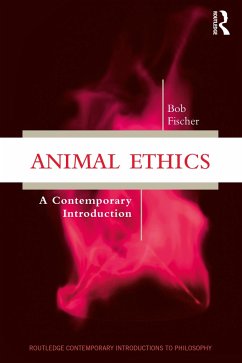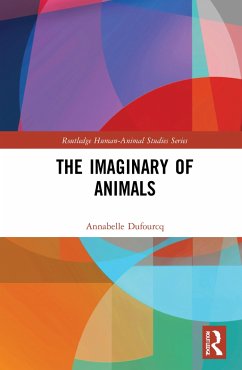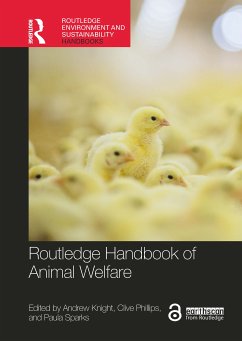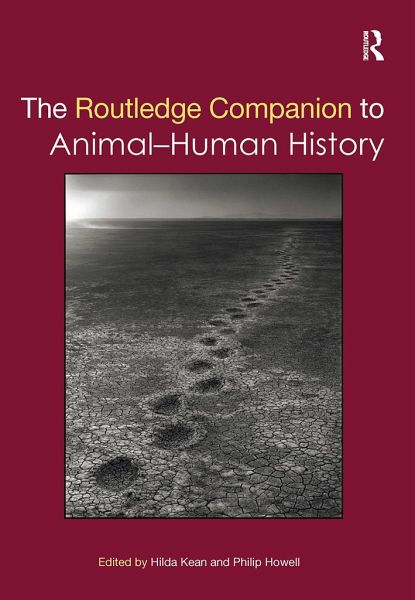
The Routledge Companion to Animal-Human History

PAYBACK Punkte
27 °P sammeln!
The Routledge Companion to Animal-Human History provides an up-to-date guide for the historian working within the growing field of animal-human history. Giving a sense of the diversity and interdisciplinary nature of the field, cutting-edge contributions explore the practices of and challenges posed by historical studies of animals and animal-human relationships.Divided into three parts, the Companion takes both a theoretical and practical approach to a field that is emerging as a prominent area of study. Animals and the Practice of History considers established practices of history, such as p...
The Routledge Companion to Animal-Human History provides an up-to-date guide for the historian working within the growing field of animal-human history. Giving a sense of the diversity and interdisciplinary nature of the field, cutting-edge contributions explore the practices of and challenges posed by historical studies of animals and animal-human relationships.
Divided into three parts, the Companion takes both a theoretical and practical approach to a field that is emerging as a prominent area of study. Animals and the Practice of History considers established practices of history, such as political history, public history and cultural memory, and how animal-human history can contribute to them. Problems and Paradigms identifies key historiographical issues to the field with contributors considering the challenges posed by topics such as agency, literature, art and emotional attachment. The final section, Themes and Provocations, looks at larger themes within the history of animal-human relationships in more depth, with contributions covering topics that include breeding, war, hunting and eating.
As it is increasingly recognised that nonhuman actors have contributed to the making of history, The Routledge Companion to Animal-Human History provides a timely and important contribution to the scholarship on animal-human history and surrounding debates.
Divided into three parts, the Companion takes both a theoretical and practical approach to a field that is emerging as a prominent area of study. Animals and the Practice of History considers established practices of history, such as political history, public history and cultural memory, and how animal-human history can contribute to them. Problems and Paradigms identifies key historiographical issues to the field with contributors considering the challenges posed by topics such as agency, literature, art and emotional attachment. The final section, Themes and Provocations, looks at larger themes within the history of animal-human relationships in more depth, with contributions covering topics that include breeding, war, hunting and eating.
As it is increasingly recognised that nonhuman actors have contributed to the making of history, The Routledge Companion to Animal-Human History provides a timely and important contribution to the scholarship on animal-human history and surrounding debates.





